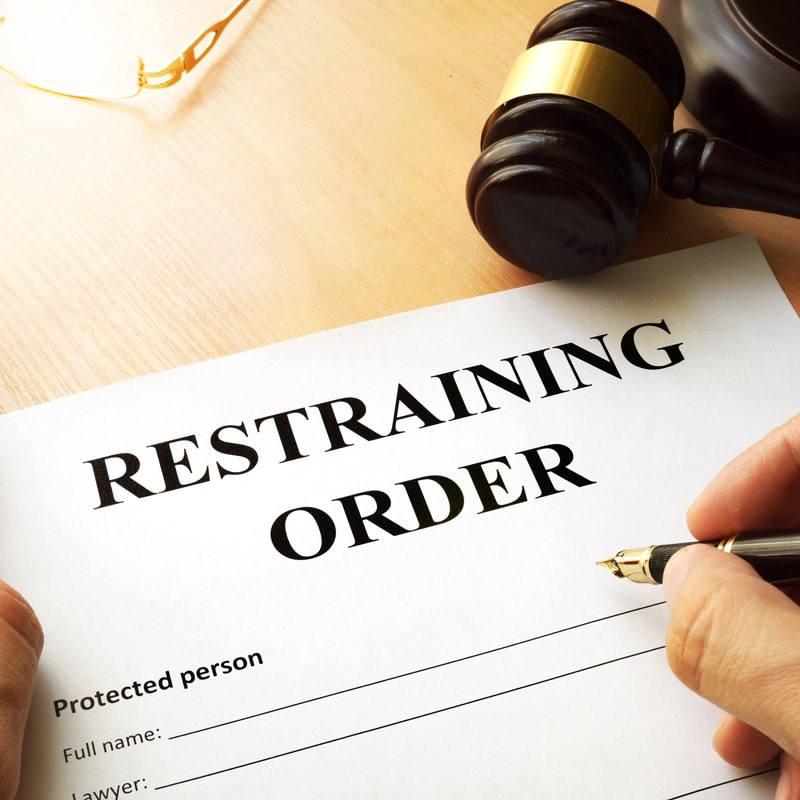
A Protective Order is a type of emergency relief for a person seeking legal protection from an individual they feel is putting themselves or someone from their household at risk of harm.
The Protective Order is brought in front of a judge with a statement from the affected individual that details when and how they came to feel threatened. If the judge feels there is merit to them feeling unsafe, the judge will grant them temporary relief via an Ex Parte Protective Order, and a hearing will be set within 14 days to address the issue.
This is a very short turn around time on the part of the court to hear the matter since there is a possibility the Ex Parte Protective Order, which was filed and signed outside of the presence of the restricted party, is without merit and therefore gives the restricted party an opportunity to counter the accusers claims.
Dismissal
If you can prove to the Judge that you have not subjected the accuser to harm and will not subject them to harm in the future, the Judge will likely dismiss the Protective Order brought against you. This is not an easy task, as the Judge did sign the Protective Order to begin with because they found merit in the accuser’s statement and evidence. It is, what we like to call, “an uphill battle”.
Protective Order with Findings of Family Violence & with likelihood Family Violence will occur in future
This means the Judge hearing your matter was presented with facts and found that the person being accused of harming the accuser was essentially found “guilty” and the Judge also believes that you will continue to be harmful towards the accuser. This can have a number of effects on your day-to-day life if you are the accused. For example, many employers are not comfortable employing a person who has a Protective Order against them, and it can be grounds for being fired from your job. Additionally, you may not carry a firearm if you have a Protective Order against you. If you are a police officer, Border Patrol agent, or any law enforcement employee required to carry a firearm, this will likely have an impact on your employment status.
Protective Order with Findings of Family Violence & with likelihood Family Violence will NOT occur in future
This is a slightly lesser form of the previous result, but still just as detrimental to your employment and livelihood.
The Accused vs. The Accuser
If you are the accused, you will have an opportunity at this hearing to present your side of the issue. This hearing is much like a trial, in which your attorney will advise if you can and should speak your piece to the judge. If the attorney feels it is not in your best interest to speak on your behalf, he/she will advise against it. The reasons WHY the attorney advises you to remain silent are on a case-by-case basis, and you can and should discuss these reasons with your attorney. If you are the person accusing and bringing the Protective Order against someone, you will be able to affirm the facts you presented in your statement when submitting your Protective Order to the court. The accuser is granted special communication with the judge, also known as ex-parte communication, meaning you are able to speak to the judge without the other side or the accused being present. Once the hearing comes about, you may be cross-examined by the opposing party’s attorney to find holes in your statement, or to discredit your statement in an effort to get the Protective Order dismissed.